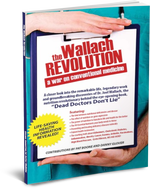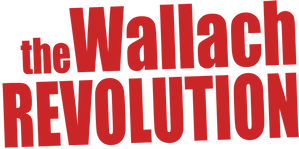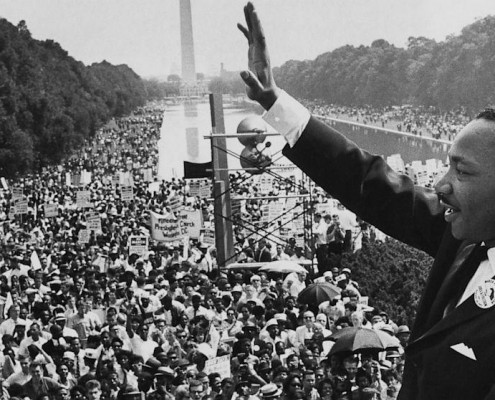August 28, 1963, is among the most critical dates in American history. On that date a large mass of over 250,000 people participated in the March on Washington for Jobs and Freedom. On that sweltering August day, the temperature in Washington reached an uncomfortable 87 degrees Fahrenheit with high humidity. The Black and White marchers walked from the Washington Mall to the Washington Monument and then to the Lincoln Memorial. There huddled together in what was one of the largest gatherings ever to assemble at that point in the nation’s history, the civil rights activists heard ten addresses, including among them those of civil rights activists Roy Wilkins, John Lewis, and Charlton Heston. Before the very last speaker rose to give his remarks, the President of the American Jewish Congress, Joachim Prinz, equated the discrimination experienced by the Jews throughout history with that of Blacks. After Prinz, there would be one more speaker. The audience was generally fatigued. It would take quite a lot to move them from a state of weariness induced by the long day, the high heat, and the humidity.






